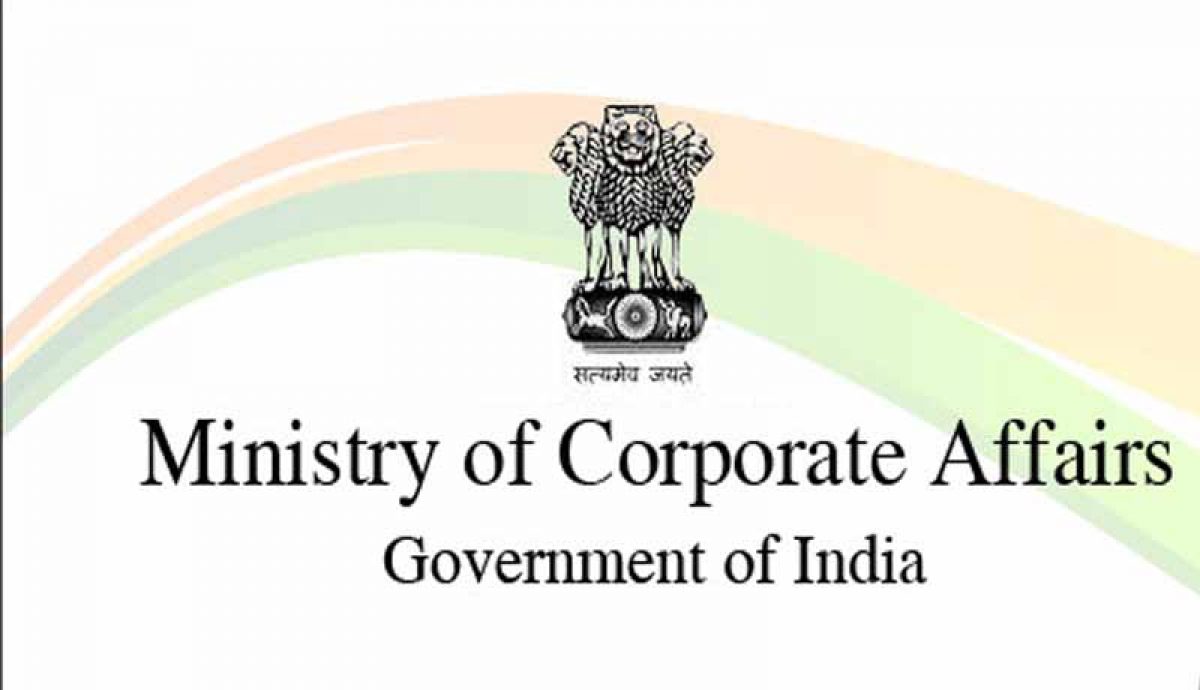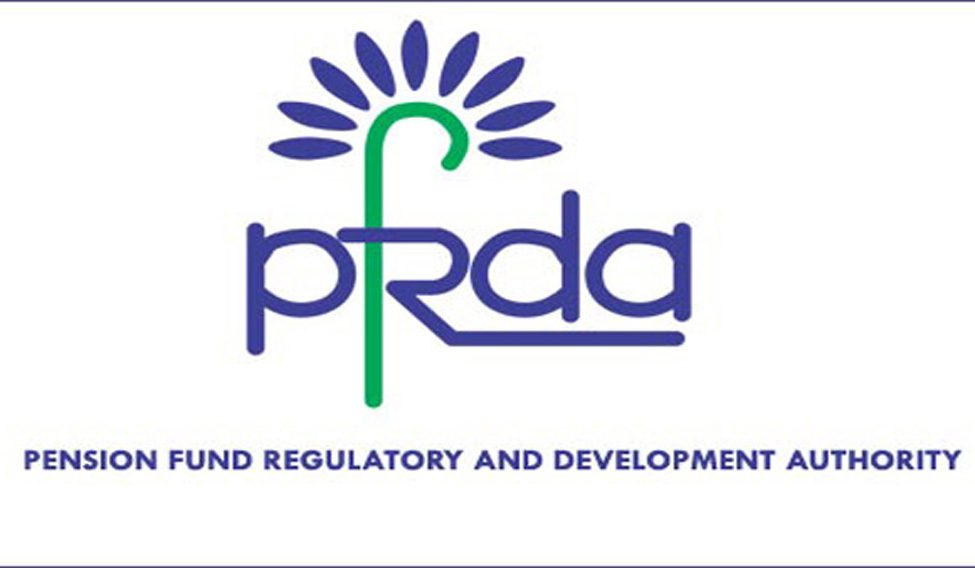Top 6 Indian Regulatory Bodies
1. RBI (Reserve Bank of India)

RBI (Reserve Bank Of India) is the Central Bank of India. Reserve Bank Of India was established on 1 April 1935 by the RBI Act 1934.
Functions of Reserve Bank
- Issue of Notes
- Banker to the Government
- Banker’s Bank
- Controller of Credit
- Custodian of Foreign Reserves
2. AMFI (Association of Mutual Funds in India)

The Association of Mutual Funds in India (AMFI) is dedicated to developing the Indian Mutual Fund Industry on professional, healthy and ethical lines and to enhance and maintain standards in all areas with a view to protecting and promoting the interests of mutual funds and their unit holders.
AMFI, the association of all the Asset Management Companies of SEBI registered mutual funds in India, was incorporated on August 22, 1995, as a non-profit organisation. As of now, 43 Asset Management Companies that are registered with SEBI, are its members.
3. SEBI (Securities and Exchange Board of India)

SEBI (Securities and Exchange Board of India) is a permitted body started to fulfil the responsibility of regulating the Indian Capital markets. It observes and manage the securities market and to protect the interest of the investors by applying rules and regulations and provide the guidelines to follow it.
Securities and Exchange Board of India was founded on April 12, 1992. It’s headquartered is in Bandra Kurla Complex in Mumbai. The main aim of the government was to ensure that the money which has been invested by the public should be in safe condition. The basic reason for setting up SEBI was to make the development of the markets.
Functions of SEBI
- SEBI is set up for safeguard the interest of investors in the securities market.
- Promotes the development of the security market and regulates the business.
- It is to be ensured that the investors should be fully knowledgeable on the intermediaries of the security market.
- Securities and Exchange Board of India ensures the responsibility for safeguarding the interest of the investors and also to save the investors from becoming victims of any stock market fraud or manipulation.
- It acts as a mediator in the stock market to check whether all the market transactions take place securely and smoothly.
- It observes every activity of all the financial intermediaries.
- Securities and Exchanges Board of India checks the activity for different innovation to protect the securities market is efficient.
- It prevents inner trades in marketable securities.
इसे भी पढ़े: SIP Full Form – SIP क्या हैं? Types, Benefits & more
4. MCA (Ministry of Corporate Affairs)

The Ministry is primarily concerned with administration of the Companies Act 2013, the Companies Act 1956, the Limited Liability Partnership Act, 2008 & other allied Acts and rules & regulations framed there-under mainly for regulating the functioning of the corporate sector in accordance with law.
The Ministry is also responsible for administering the Competition Act, 2002 to prevent practices having adverse effect on competition, to promote and sustain competition in markets, to protect the interests of consumers through the commission set up under the Act.
Besides, it exercises supervision over the three professional bodies, namely, Institute of Chartered Accountants of India(ICAI), Institute of Company Secretaries of India(ICSI) and the Institute of Cost Accountants of India (ICAI) which are constituted under three separate Acts of the Parliament for proper and orderly growth of the professions concerned.
The Ministry also has the responsibility of carrying out the functions of the Central Government relating to administration of Partnership Act, 1932, the Companies (Donations to National Funds) Act, 1951 and Societies Registration Act, 1980.
5. PFRDA (Pension Fund Regulatory and Development Authority)

Pension Fund Regulatory and Development Authority is a regulatory body which was established in 2003 with an aim of promoting, regulating and developing the pension sector in India. Initially, PFRDA was formulated for Government sector employees only but gradually, its services extended to all citizens of India and NRIs including self-employed individuals.
इसे भी पढ़े: HDFC Bank Statement ऑनलाइन कैसे डाउनलोड करें?
Function of PFRDA
- Focuses on promoting pension schemes in order to secure and serve the old age financial needs of retired persons on a sustainable basis
- Regulates the pension schemes to which PFRDA Act is applicable- NPS and Atal Pension Yojana
- Fosters NPS- Tier 1 & Tier 2 for the benefit of the subscribers
- Designates varied intermediate agencies such as Pension Fund Managers, Central Record Keeping Agency etc.
- The preamble formulates public notices to spread awareness about importance of pension schemes
- Initiates grievances portals and redressal mechanism for the pension subscribers
- Trains intermediaries about educating, popularizing, resolving queries of individuals for retirement related instruments & plans
- Works on settlement of disputes among the intermediaries and also between intermediaries & subscribers
6. IRDAI (Insurance Regulatory & Development Authority of India)

IRDA is the regulatory body in India that governs both Life insurance and General insurance companies. India is a vast country that offers great opportunities to varied segments one of which is the insurance sector.
Function of IRDAI
Below are the important functions of the IRDAI in the insurance industry in India:
- Grant, renew, modify, suspend, cancel or withdraw registration certificates of the insurance company.
- Protecting the interests of the policyholder in matters concerning the grant of policies, settlement of claims, nomination by policyholders, insurable interest, surrender value of the policy and other terms and conditions of the policy.
- Specify code of conduct, qualifications and training for intermediary or insurance agents.
- Specify code of conduct for loss assessors and surveyors.
- Levying fees and charges for carrying out the provisions of the Act.
- Undertaking inspection, calling for information, and investigations including an audit of insurance companies, intermediaries, and other organizations associated with the insurance business.
- Regulate and control insurance rates, terms and conditions, advantages that may be offered by the insurance providers.
Apart from the above-mentioned core functions of the IRDA, there are several functions that the regulator performs keeping the policyholder’s interest as its priority.
Read this also:
